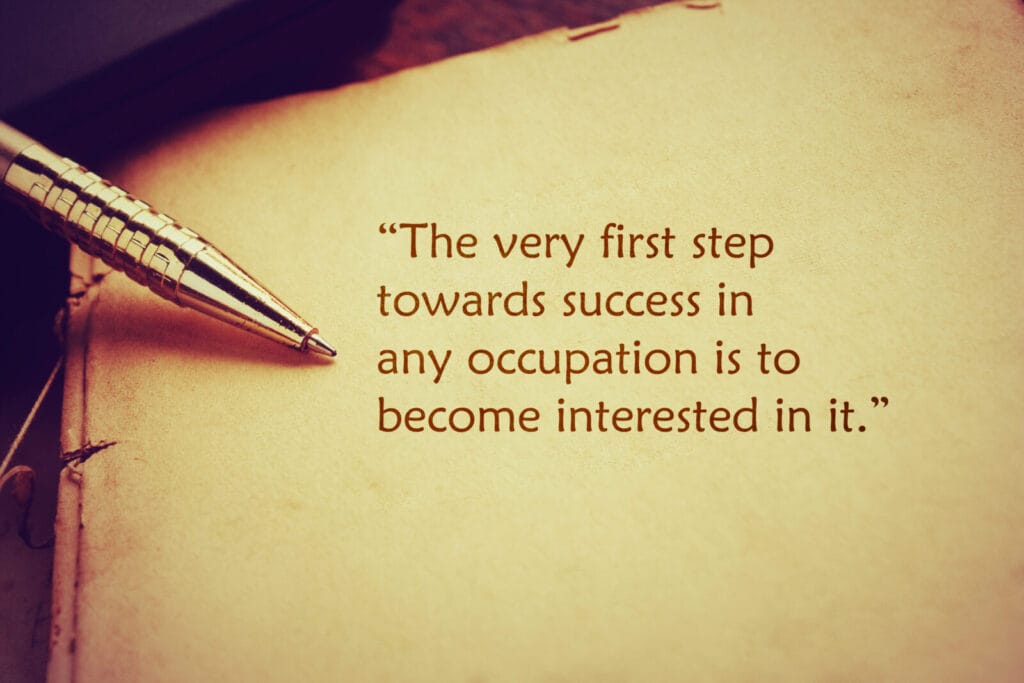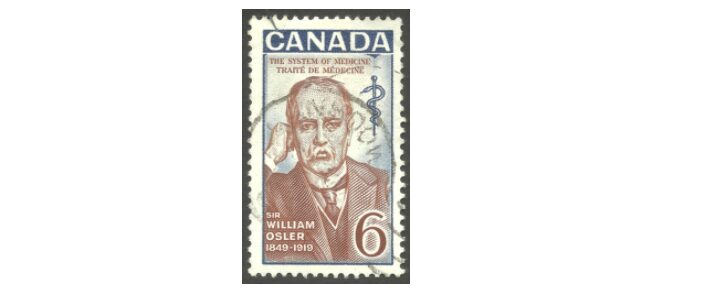Sir William Osler (1849-1919) is known as the father of modern medicine for revolutionizing the way in which medical education was taught during his tenure at Johns Hopkins School of Medicine. Osler played a central role in establishing the internship and residency system, and also instituted the method of training students at the bedside of the patient.

Osler was known to say, “He who studies medicine without books sails an uncharted sea, but he who studies medicine without patients does not go to sea at all.”
Who is William Osler and Why is He the Father of Modern Medicine?
William Osler is one of the most influential figures in modern medicine, remembered for his contribution to medical education, and also for his larger-than-life personality, which has produced some of the most enduring quotes about medical practice to this day.
A physician who treats himself has a fool for a patient.
– Sir William Osler
A British Canadian, Osler began his career at the Toronto Medical College, and graduated with his M.D. in 1872 from McGill University in Montreal. As was often the case at the time, Osler expanded his knowledge of different medical standards of practice by studying in London, Berlin, and Vienna
It was his experiences in these settings which helped him to mold his best practices for medical education, and made him a leader in internal medicine. Osler’s prowess in the medical field was soon acknowledged when he was elected a fellow of the British Royal College of Physicians in 1883.
Osler was a “short, wiry man with a handlebar mustache…[and] an uncontrollable urge to pull practical jokes…,” which frequently got him into trouble. At one point, Osler tricked a respected medical journal into publishing the findings of an imaginary physician, Egerton Yorrick Davis. From then on, the journal refused to publish or accept any of Osler’s work, even if based in legitimate fact.

In 1888, Johns Hopkins recruited Osler from the University of Pennsylvania Medical School to be physician-in-chief of the newly established Johns Hopkins Hospital, and professor of medicine at the school of medicine. Osler was one of the “Founding Four” medical faculty members, which included such medical leaders as William H. Welch, Howard A. Kelly, and William S. Halsted.
Osler’s Medical Legacy: Teaching by Doing
Already a well-respected professor of medicine, Osler shaped the way in which Johns Hopkins School of Medicine taught its students. Believing in learning by doing, Osler organized clinical instruction at the bedside of the patient, synthesizing the best of the European, British, and American methods of medical learning.
“It is much more important to know what sort of a patient has a disease than what sort of a disease a patient has,” according to Osler. William Osler’s innovative book, The Principles and Practice of Medicine, outlined this new curriculum, and is the “landmark text of internal medicine.”
His innovative teaching methods and his book on internal medicine are the primary reasons Osler is remembered as the father of modern medicine, but Osler was also a highly regarded clinician and esteemed diagnostician.
In 1905 he accepted the Regius Professorship of Medicine at Oxford University, which at the time was the most prestigious medical appointment. One of the greatest teachers of our time, Osler understood that the way in which things were done was not always the best way to accomplish a goal. Medical learning, as with all things, is in a constant state of evolution, and it is important to fight against stagnation of thought.
We’ll leave you with wise words from Sir William Osler.
“Live neither in the past nor in the future, but let each day’s work absorb your entire energies, and satisfy your widest ambition.”
